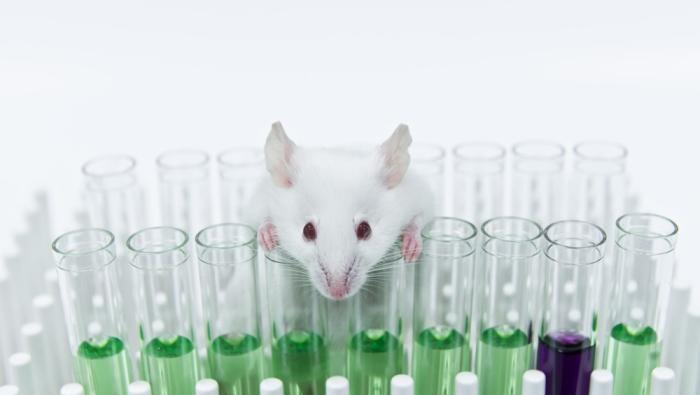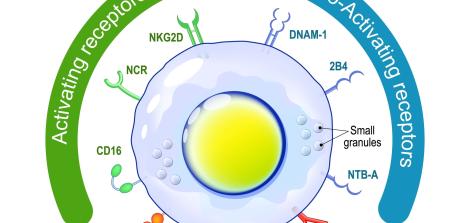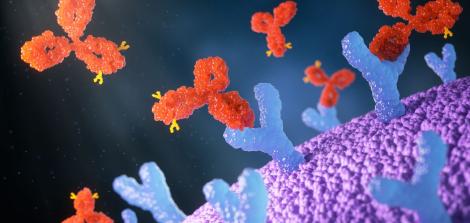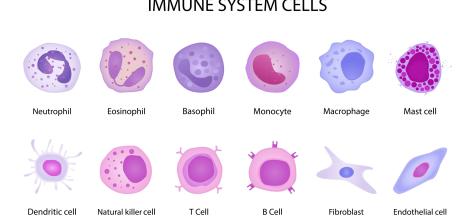In vivo

In vivo is also Latin, and it means “in the living.” It refers to research and experiments conducted within a living organism, whether a human body or a model animal in a laboratory. Every living organism is a complex entity of interconnected systems, and in vivo research aims to understand diseases or investigate the effects of drugs in a way that examines the interactions between these systems as closely as possible to reality. Unlike in vitro experiments, in vivo experiments are conducted on live animals or humans, capturing the complex effects of medical treatments or substances within an entire living system.
In vivo experiments are particularly important for the development of new drugs and to understand the behavior of diseases in the human body, as they allow researchers to see the body's real reactions to different treatments. An example of an in vivo experiment is testing the efficacy of a new drug on mice in a laboratory before it is tested on humans in clinical trials.
Last Updated Date : 03/08/2024








